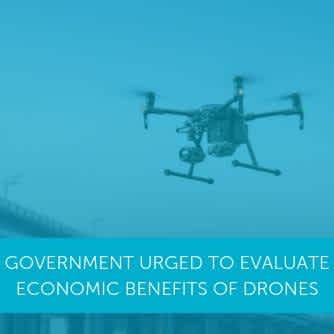
Updated on 18 Aug 2024
MPs Urge Government To Properly Evaluate Economic Benefits Of Drones
MPs have urged the Government to improve public perception and awareness of drones and to properly evaluate the potential economic benefits and opportunities that they bring. ... Read More
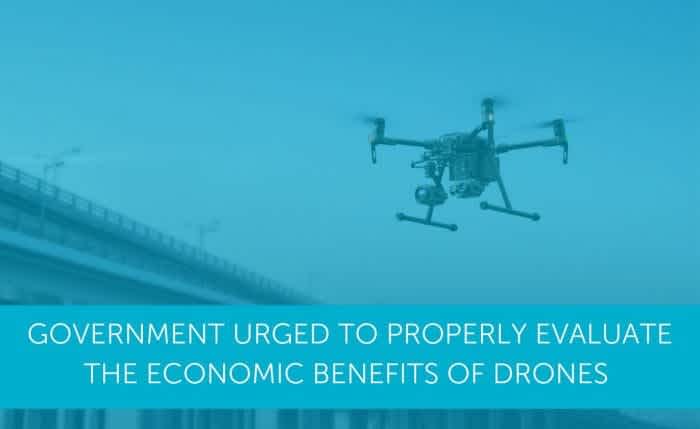
MPs have urged the Government to improve public perception and awareness of drones and to properly evaluate the potential economic benefits and opportunities that they bring.
The House of Commons Science and Technology Committee has recently published an in-depth document, entitled Commercial and Recreational Drone Use in the UK, which examines the rise in popularity of unmanned aircraft - by hobbyists and in the world of enterprise alike.
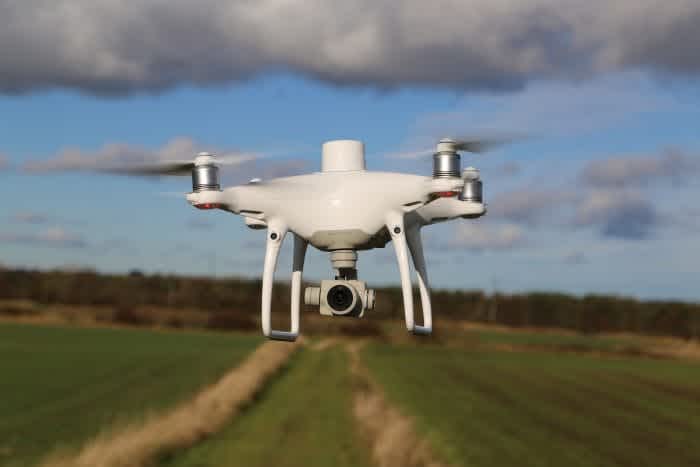
The DJI Phantom 4 RTK is a powerful mapping tool.
The report calls for a white paper by summer 2020, that sets out plans to integrate drones into society, mitigating the risks while maximising the technology’s potential for innovations like parcel delivery and human transportation.
MPs note that the Government has already announced plans to introduce a Drones Bill in late 2019, but add that 'much more was needed to ensure current drone users were not unfairly penalised, and that criminal drone users faced substantial punishments'.
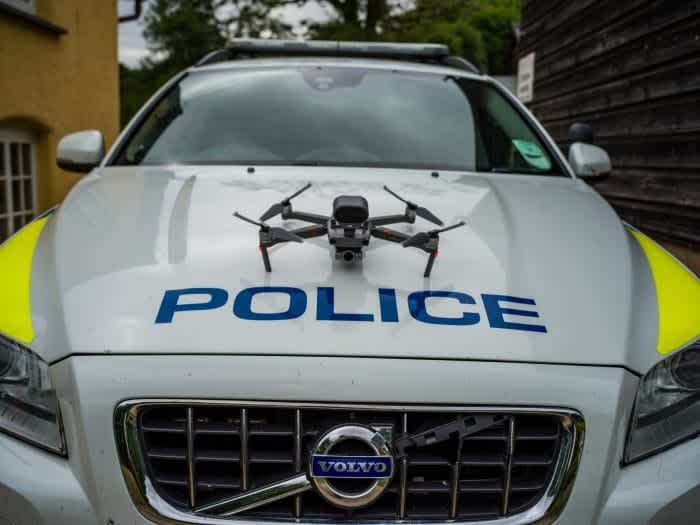
MPs want criminal drone users to face substantial punishments.
The report also touches on the controversial £16.50 registration fee and the extension of Flight Restriction Zones.
Drones Have A 'Positive Effect On Society'
One of the most refreshing aspects of the report is how it highlights that drones are bringing benefits to society and it says that more needs to be done to spread the drones for good message.
The report states: 'To properly harness the benefits of drones the Government will need to analyse their potential economic contribution. The Government should provide an assessment of how the growing drone industry might contribute to the UK’s economy by the time of the 2020 Spring Statement'.
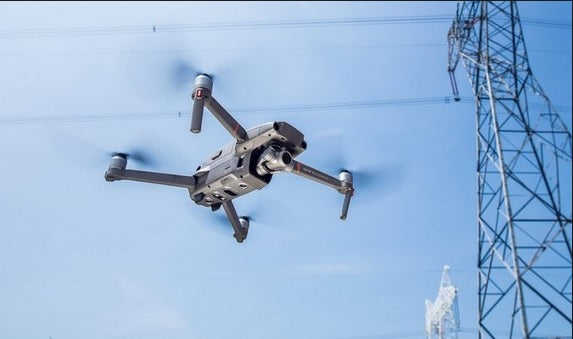
Drones can be used for good, including for inspections.
MPs add that, throughout their inquiry, they have heard that drones can have a 'positive effect on society', including through medical delivery and emergency service provision.
RELATED ARTICLE: Drones Have Saved The Lives Of 279 People
MPs say they are encouraged that the Government has allowed exemptions for emergency services to use drones beyond the visual line of sight in their operations, however, this provision does not apply to other organisations (such as Mountain Rescue) who might be involved in emergency service-led rescue missions.
The report calls for the Civil Aviation Authority to make it possible for organisations which are used in emergency missions to apply for emergency service exemptions to the Air Navigation Order 2016.
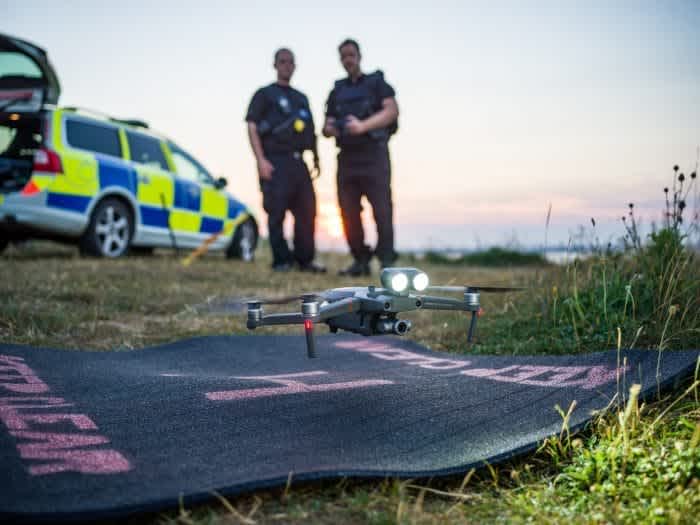
Drones are playing a crucial role in law enforcement and public safety.
The report also states that there is a 'notable distrust' towards drones among the public that needs addressing and calls on the Government to improve the public perception of drones through an awareness campaign, which promotes the opportunities presented by drones, but also the risks.
Drone Risk Assessment Needed
Speaking of the risks, the document opens by referencing the disruption at Gatwick Airport in December which was caused by alleged drone sightings and subsequently thrust the rise of drones into the spotlight.
MPs say that there are concerned that there are differing accounts within the aviation community about the likely severity of damage of a drone collision with an airplane. Furthermore, the state that there are differing accounts of the number of near misses, while the reliability of Airprox reports has been disputed.
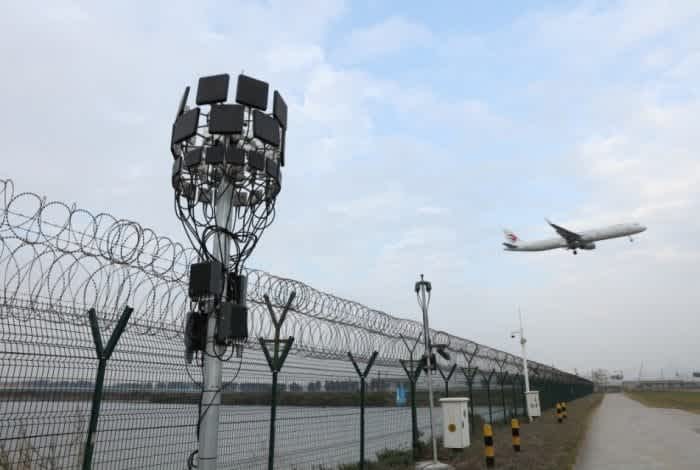
A DJI AeroScope system.
MPs are calling on the Government to complete a substantive risk assessment of the potential risks drones pose to manned commercial aircraft and publish the findings of this assessment by the end of 2020.
RELATED CONTENT: Heliguy can install drone defence to stop a rogue attack
The report also states that the Government should make the weaponisation of a drone a specific criminal offence within the upcoming Drones Bill and consider stringent penalties for those who take such action, such as those introduced in the USA. It is also recommended that the Ministry of Defence makes malicious drone use a top intelligence priority.
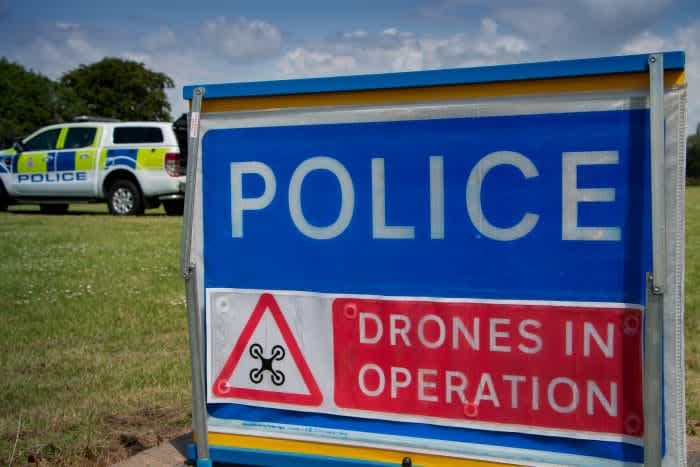
MPs state that drone safety education is vital for the safe use of drones by recreational users. Therefore, they have said that the Government should mandate that a copy of the Drone Code is provided with each drone sold in the UK, and should be publicised in common drone-flying areas. They have called for this to be rolled out as quickly as possible and implemented in full no later than the end of April 2020.
MPs also say that the Government must ensure that all manufacturers include safety features, such as geo-fencing and electronic conspicuity as standard in their drones, and that it should be a criminal offence to disable such features.
DJI has already stated that it will install ADS-B receivers in every new drone model above 250 grams, starting in 2020. This sophisticated AirSense technology, which receives ADS-B signals from nearby airplanes and helicopters, will warn drone pilots if they appear to be on a collision course.
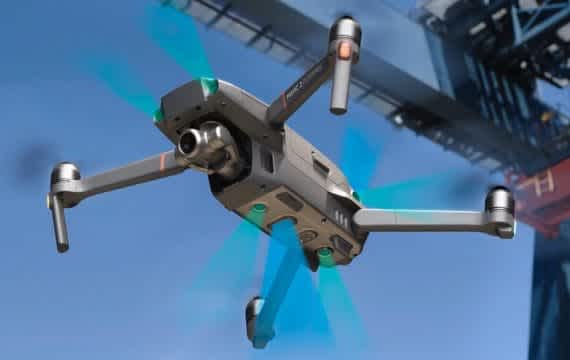
DJI has committed to installing ADS-B receivers in every new drone above 250 grams, starting in 2020.
Flight Restriction Zones 'Not Consistently Enforced'
Earlier this year, new legislation came in to extend the no-fly zone around airports - making it illegal to fly a drone within 5km of one.
MPs have said that while they recognise the importance of this extension, 'these restriction zones are not clearly or consistently enforced' and 'the lack of a standardised process results in inconsistent denials and permissions being granted to those applying'.
The MPs say that the Government should commission the production of a standardised and unified system through which drone operators can request access to Flight Restriction Zones.
Drone Registration Fee Must Not Dissuade People From Registering
In the spring, a Civil Aviation Authority consultation set out proposals to introduce an annual £16.50 fee for drone operators whose aircraft is between 250 grams and 20 kilograms. The CAA said that the charge would cover the costs of running the UK Drone Registration Scheme.
MPs say there is a 'compelling case' for the Government to introduce a registration scheme to be able to identify all lawful operators and to ensure that there is a knowledge test for drone users.
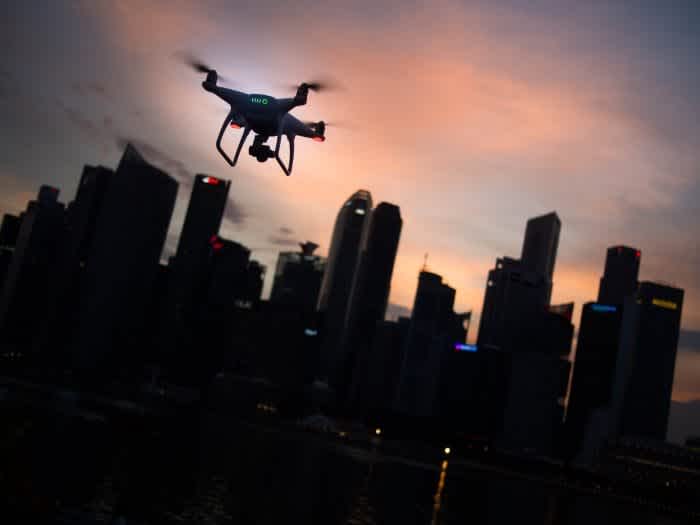
The report adds that the Government, or the appropriate regulatory body, such as the Civil Aviation Authority, should review the proposed online test one year after it has been in operation.
However, on the topic of the £16.50 fee, MPs say that if this dissuades individuals from registering, then this defies the purpose of the system - to improve the safety of our airspace.
They have called on the Government to conduct a review of the cost of the registration scheme and say that if the Government believes it is appropriate for the fee to remain at £16.50, then they should clearly set out their rationale for the cost and the renewal period should be three years rather than yearly.
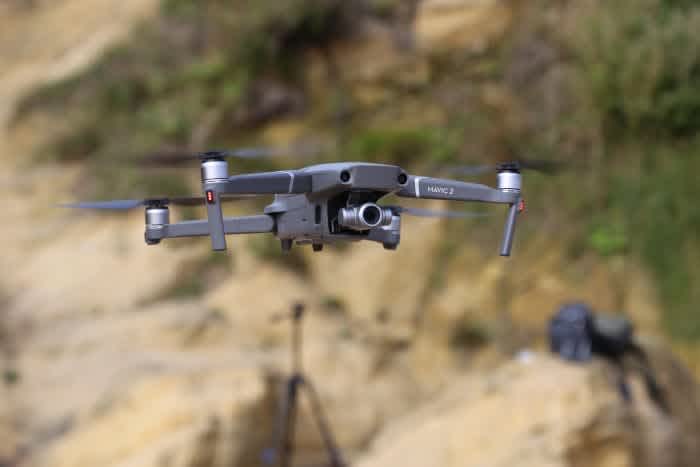
The DJI Mavic 2 aircraft are popular with drone fans.
Going further, MPs recommend that the Government consider a system which allows organised clubs and societies to register as one entity, so as not to financially burden each member.
Finally, in terms of the proposed registration system, the Government should acknowledge that the scheme will do little to mitigate the risks from 'nefarious drone users who will simply bypass registration and testing'. MPs recommend a sliding scale of penalties for failure to register, starting with a warning, and culminating in a fine and a prison sentence.
Department for Transport Response
In response to the report, the Department for Transport said it already has in place legislation to regulate the use of unmanned aircraft to ensure they are used safely.
“We have amended the Air Navigation Order 2016 to extend the Flight Restriction Zones around protected aerodromes, introduced a registration and competency testing scheme and introduced a requirement to seek authorisation from the CAA to fly an unmanned aircraft above 400 feet,” a spokeswoman said.
“We have consulted on this emerging technology with industry and the public and plan to introduce further legislation which will help the police to tackle the misuse of unmanned aircraft.”

written by
James Willoughby
James joined heliguy™ in 2018 following a 13-year stint in print and online journalism, having worked on regional and weekly newspaper titles. He is responsible for spearheading heliguy™'s content strategy and social media delivery. James collaborates with DJI Enterprise's European marketing team to coordinate and produce case studies and helps organise events and webinars.